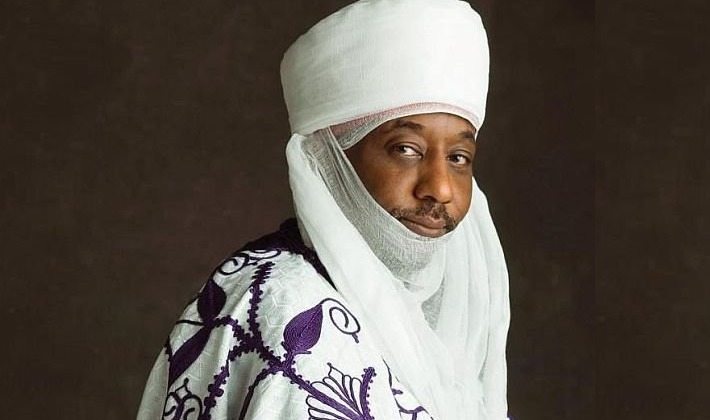The Federal Government has responded to remarks made by Muhammadu Sanusi II, Emir of Kano and former Governor of the Central Bank of Nigeria (CBN), regarding the economic reforms introduced by President Bola Ahmed Tinubu’s administration.
Sanusi, speaking during the 21st Gani Fawehinmi Memorial Lecture in Lagos on Wednesday, stated that he would withhold economic advice from the government, citing personal grievances.
“I have decided not to speak about the economy or the reforms, nor to explain anything regarding them. If I explained, it would only benefit this government, and I don’t want to aid this government. They’re my friends. If they don’t behave like friends, I don’t behave like a friend. So, I watch them being stewed, and they don’t even have people with credibility who can come and explain what they’re doing. But I’m not going to help,” Sanusi said.
In a statement issued on Thursday, Mohammed Idris, Minister of Information and National Orientation, acknowledged Sanusi’s right to express his views but criticized his decision to withhold insights, suggesting it reflected personal interests rather than a commitment to national progress.
“It is pertinent to state that Nigeria is at a pivotal juncture where bold and decisive actions are necessary to tackle entrenched economic challenges. This administration has implemented transformative reforms not because they are easy, but because they are essential for securing Nigeria’s long-term stability and growth, as Emir Sanusi had consistently advocated,” Idris stated.
He noted that the temporary challenges Nigerians face are the “necessary consequence of decades of irresponsible economic management,” a point Sanusi himself had previously acknowledged.
Idris highlighted progress made under the Tinubu administration’s reforms, such as the unification of exchange rates, which has increased investor confidence and bolstered foreign reserves. He also pointed to the removal of fuel subsidies, which has freed up significant funds for critical investments in infrastructure, education, and healthcare.
“Projections from respected institutions, including the World Bank, indicate an upward trajectory in Nigeria’s GDP, signaling that the economy is on the path to recovery,” Idris said.
The minister expressed disappointment that reforms previously endorsed by global experts and Sanusi himself are now being subtly criticized. He urged the Emir to prioritize the welfare of Nigerians over personal grievances or partisan considerations.
“Rebuilding Nigeria requires unity, focus, and sacrifice from all stakeholders. As a government, we urge esteemed leaders to refrain from rhetoric that undermines public trust. Instead, they owe it a duty to champion the collective goal of a prosperous Nigeria. This is a critical time for our country; what is needed is collaboration, not unnecessary distractions,” he added.
Idris reiterated the administration’s commitment to economic inclusivity, sustainability, and shared prosperity, calling for constructive dialogue with well-meaning stakeholders while prioritizing the interests of Nigerians.

 Discuss
More news
Discuss
More news


